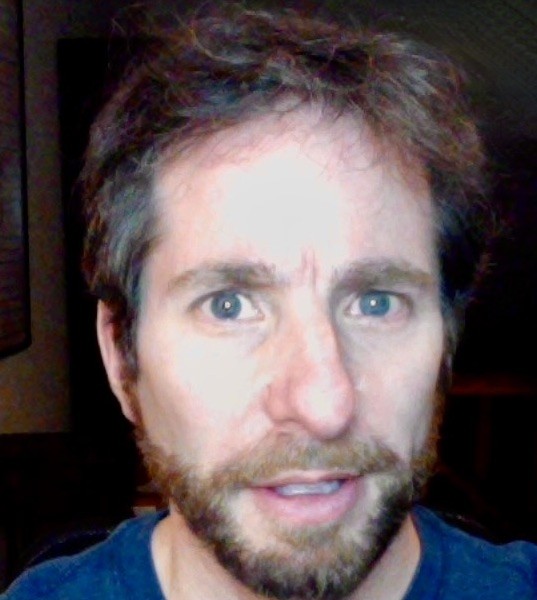
Major(s): English
What is your current role? What was your journey in arriving there?
My role is to provide leadership and support to the national movement around the right to counsel for civil cases involving basic human needs, like housing, domestic violence, child custody, civil incarceration, and mental health. At Wesleyan I knew I’d be seeking a career in public service, but it wasn’t until being halfway through a masters in public policy that I discovered a love for the law as a tool for social change. During law school I had volunteered for a legal aid program and found that many cases were difficult even for attorneys, let alone non-lawyers, which made me really interested in my current work. After law school I worked for the Southern Poverty Law Center and for the Central Alabama Fair Housing Center, each of which further cemented my desire to do civil rights / antipoverty work.
What do you enjoy about your work? What do you struggle with?
I like a number of things about it: affecting systemic change at the national level, working in the civil rights area, working remotely, and being able to support hundreds of advocates around the country. The right to counsel movement has had a lot of success: for instance, in the last 6 years the number of jurisdictions with a right to counsel for tenants facing eviction went from 0 to 22. One of the challenges is actually finding enough lawyers willing to serve as right to counsel attorneys!
How did your time at Wesleyan influence your career choice/journey?
Wesleyan really opened my eyes to the full level of privilege I enjoyed and the fact that so many of my classmates had a much tougher road to get there. It also taught me to question my assumptions about the way the world works, to not automatically assume authority is legitimate, and to see the power of grassroots action.
Do you have any advice for students thinking about entering your industry?
It’s totally ok to graduate wanting to do public interest work but not being sure exactly what form it might take. And it’s ok to try a few different areas in order to see what appeals; don’t be afraid to experiment. Also, while law school is expensive, the public interest loan forgiveness program, the income-based repayment program, and various public interest scholarships make it feasible.
Updated February 27, 2024

